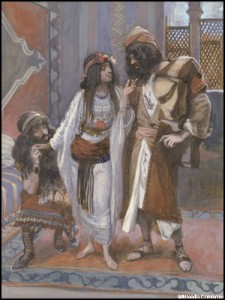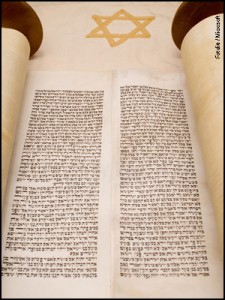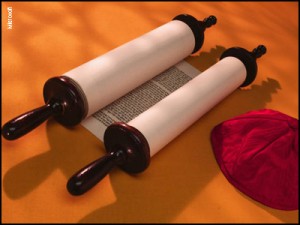One unexpected aspect of Matthew’s genealogy is the deliberate identification of four women (in addition to Mary) in Jesus’ family tree. In the intensely patriarchal Jewish society of Jesus’ time, it was it unusual for any woman to be heralded in this way, let alone four of them.
What’s more, the women Matthew chose all had questionable reputations in Hebrew history. Tamar (verse 3) acted as a prostitute and engaged in illicit sex with Judah in order to trick him into fathering Jesus’ ancestor, Perez. Rahab (verse 5) was a career prostitute. Ruth (verse 5) was a foreigner, a woman of Moabite heritage. Uriah’s wife (verse 6), Bathsheba, was also likely a foreigner, of Hittite heritage. She committed adultery with King David, and was possibly complicit in David’s arranged murder of her husband.
Why include these women in Jesus’ family line? An obvious explanation is that God values women just as he values men, and their inclusion in this genealogy is Matthew’s way of emphasizing that truth. In addition, one theologian suggests: “In all four cases, God acted in an extraordinary and unexpected way—just as he did with Mary…[Matthew] is suggesting that Mary is the fifth woman in the messianic line that for one reason or another was vulnerable to accusation but was vindicated.”
[SBW, 1235; MAT, 35-36]
ΩΩΩ
Copyright © 2014 to present by Nappaland Communications Inc. All Rights Reserved.


